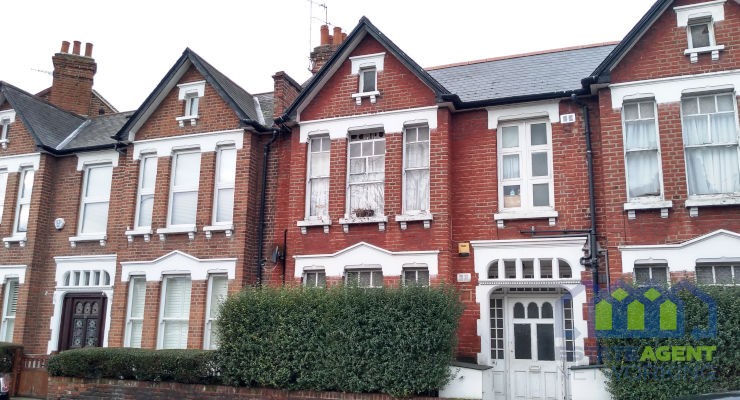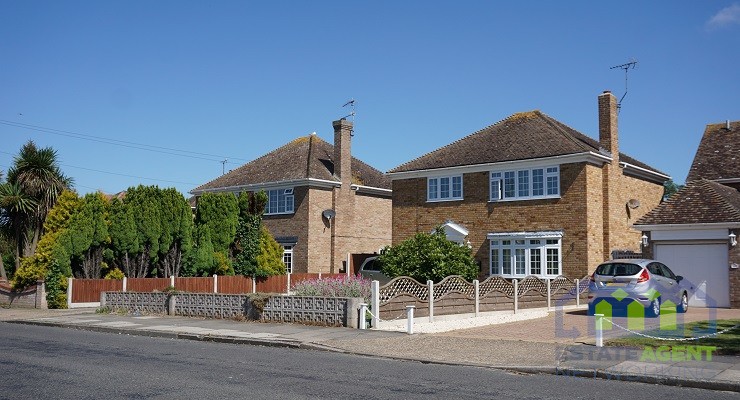How to Budget for a New Home
Just now it may be good news for homebuyers in some areas and bad for ones in others, as prices rise and fall, but one thing is certain: buying a home will always be a lofty expense. It’s not an expense that should defeat you, however. Paying for a home is perfectly possible, despite what any doom-mongers might lead you to believe. You’ve got to budget, though, to make it happen and that’s always been the case unless you have some major capital in your bank account.
Then when you finally get yourself on the property ladder, you’ve got to furnish your home. Another expensive endeavour. Again, you’ve got to budget; and again, it can be done. Not sure how? Here are a few tips to budget for your new home and, once you’ve bought the property, for your furniture to create the home you want. Let’s start with budgeting to buy a home.
Calculate your income and expenses
This is a no brainer. You need to be clear on every penny that’s coming in and going out of your account(s) before you can take any action. If you don’t know where you are now, how can you decide what your next move should be?
Start by recording everything you’re earning. That means your salary. It means your partner’s salary. Add any secondary income, such as freelancing income, to this. Include any returns from investments, too. Any regular monthly income, really.
Then think about your monthly expenses. These will include things such as transportation, clothing, food, utilities, leisure, savings and other monthly expenses. Write them down and see where you could save some money. Often, utilities and leisure are two areas in which you can reduce your expenses. There’s lots of competition between internet service providers and energy companies, and are you making the most of that gym membership?
Pay off your debts first
If you’ve got debts that aren’t mortgage related ― a personal loan, credit card, etc. ―you should focus on repaying these before you take on a mortgage. For one thing, you’ll have to put around 20% of the price of the new home down as a deposit. That’s not the type of money you can just magic up in a few days.
Whether you decide to clear the debts) first is up to you, but know that paying them off will free up some of your income and put you in a better position to budget for a new home; possibly a better home than if you’d bought one while you still had to pay off the debt.
Follow the 25% rule
According to the 25% rule, your mortgage payments should not be more than 25% of your monthly income. If you have any additional debts, you should add these to the mortgage payments. All of this will give you a clearer idea of how much you can afford.
Note that when mortgage lenders are deciding whether to grant you a mortgage, they’ll study your debt to mortgage ratio, which compares your monthly debt payments to your monthly gross income. If it’s more than 43%, they may not grant it to you, which is another important reason to clear any non-mortgage related debts first, and you’ll have to buy a cheaper home. They also prefer mortgage payments to be around 25% of the ratio or less. The lower the ratio, the better chance you stand of securing the mortgage
Choose a property you can maintain
This is such an important point. You don’t want to bite off more than you can chew, so you must consider a lot more than just the price of the home itself. Think about the size of the home and the state of it. These factors can increase your expenses. How cold will it get in winter? A big house will cost more to heat. If you’re going to buy a home that will need a lot of repairs, those will bump up your expenses as well. Remember, too, you’ll have to insure your home, which is another expense to keep in mind.
Budgeting for your furniture
You’ve bought your home. Congratulations! Now you’ve got to furnish it and transform it into a home, into somewhere you want to return to at the end of the day. That means (maybe) finding more money and keeping an even closer eye on where your income is going. Just as you were budgeting to buy your home, you should review your income and expenses when you budget for your furniture. How else should you go about budgeting for it, though?
Form your vision
You don’t sign on the dotted line and move in there and then, of course (if only moving to a new house was that quick and easy a process!). When you get the keys, take a notepad and spend 10 minutes in each room thinking of all the different items of furniture and homeware the room will need. That includes any hallways, landings, etc. Jot everything down.
Prioritise
As much as you might be itching to, you don’t have to fill every room of your new home in one mighty swoop. Furnishing a home just isn’t that easy! Decide which rooms you’ll spend the most time in and rank them in order. It could be a toss-up for top priority between the living room and the bedroom, but just think: you don’t want to have a nice, cosy sofa and spend the first year or more sleeping in your living room until you can raise the funds to furnish your bedroom, which leads on to the next point…
Consider spreading the cost with furniture financing options
It will come as a relief to know you don’t have to pay for all your furniture in one go if you don’t wish to. Many bedroom furniture retailers, such as Bedstar, and other retailers offer their customers the option to spread payments across different time periods, which makes paying for the furniture more manageable. In most cases, you’ll have to pay an initial deposit and then it’s a case of paying even instalments across the agreed period. The best bit of all, though, is you still get to enjoy your furniture soon after you make the order. Often, furniture companies will deliver the furniture within a week or two, or even less, of you ordering it.
Choose quality, not quantity
Don’t let impatience persuade you to fill your rooms up with poor quality furniture just for the sake of filling them up. You’ve prioritised, so stick to the plan and fill the rooms with quality furniture. You’ve got to think long term as well. Unless you’re planning to buy a new bed, new sofa, etc every time you move, which will get incredibly and unnecessarily expensive, you should invest in quality furniture. A bed, for instance, is something you’ll take from home to home, so it’s better to spend extra on one than skimp on it and buy an expensive table.
Buying a house is a costly affair, but some smart money management will make budgeting for it more achievable. Clearing debts, analysing income and outgoings and foreseeing any possible extra expenses before you sign the mortgage contract will get you over the buying hurdle. Planning how you want to furnish the home, paying for furniture in instalments and being patient will help you to build your home within budget and just the way you want it. Sound good? Then let the budgeting begin!







